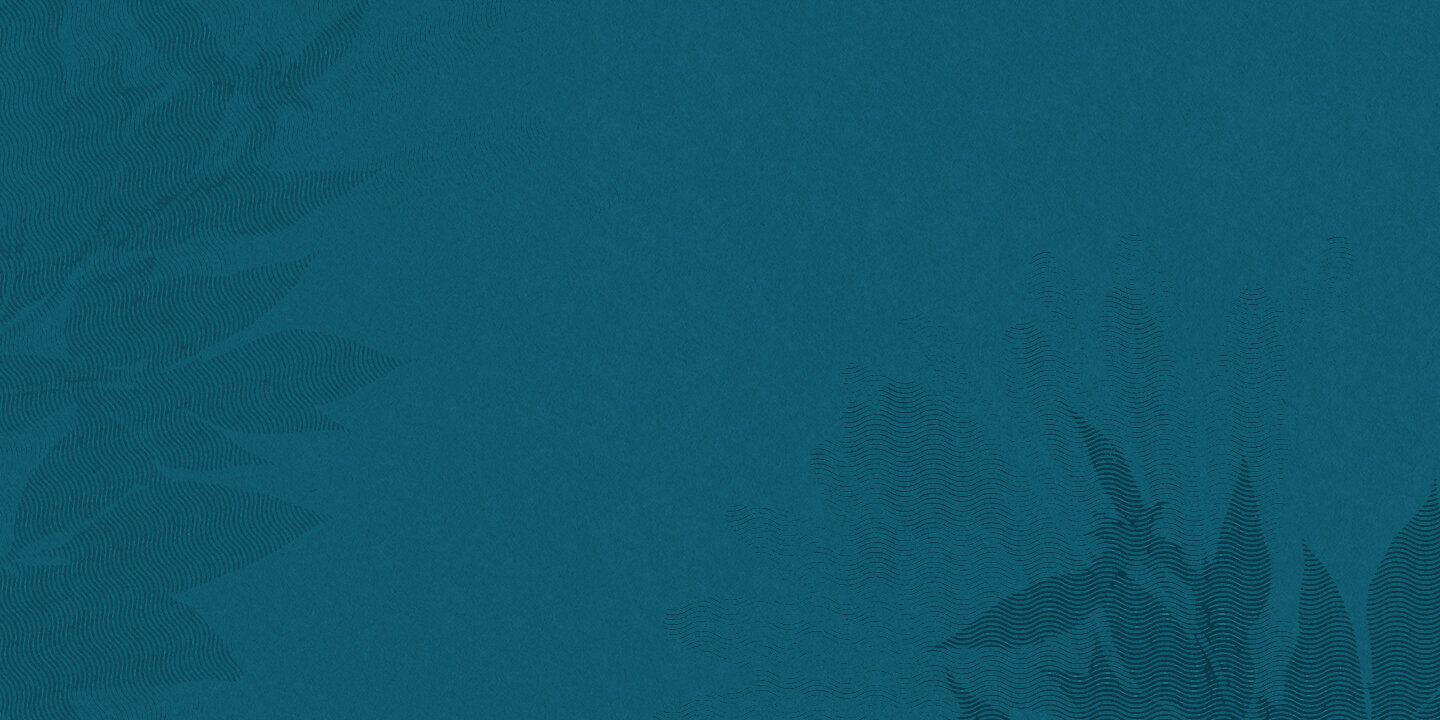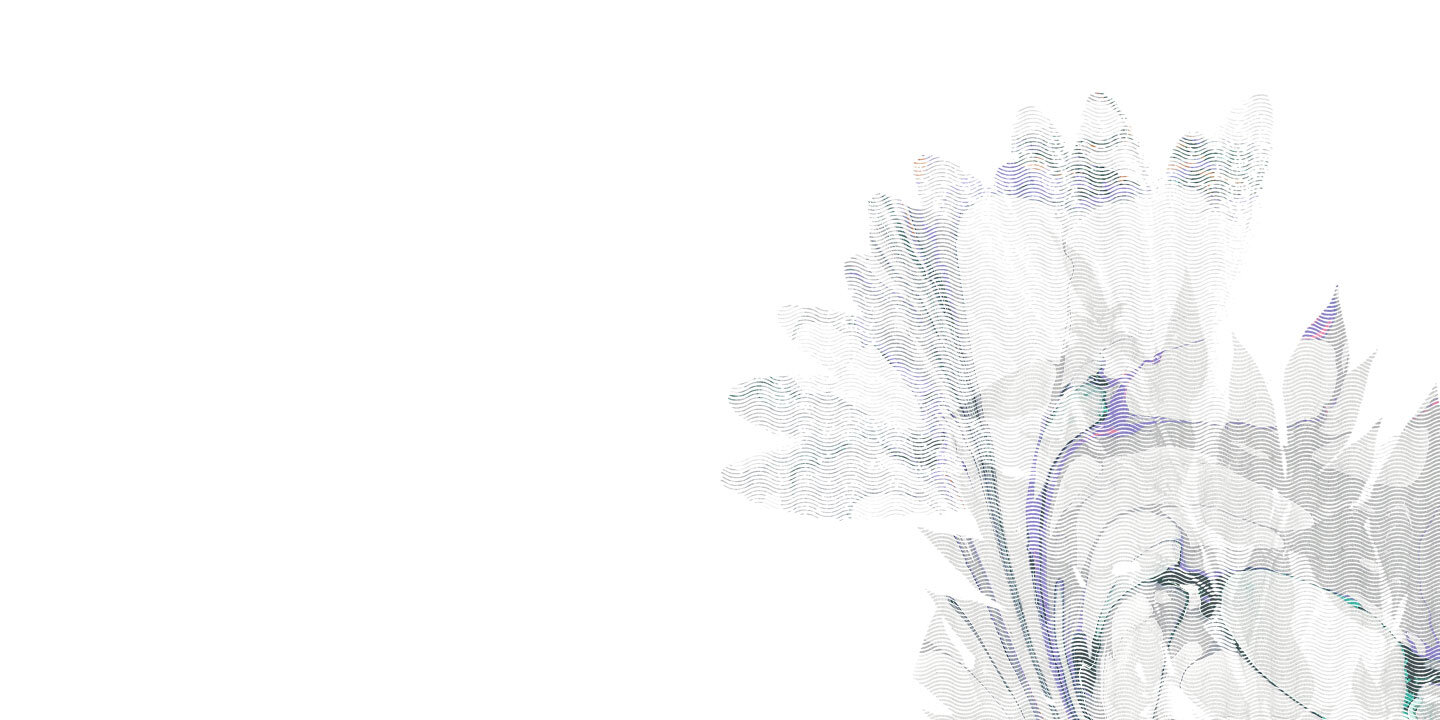
About Us
The School of American Thanatology (SAT) was founded in 2020 by Cole Imperi. This school was established to provide progressive and inclusive education at a time when the world needed it most—during a global pandemic. Today, SAT focuses on providing educational options in Thanatology, Thanabotany™, and Deathwork. SAT became the exclusive home of the Integrative Thanatology: Death Education Counselor program in 2025. Read more about us below.
Our Vision
Our vision is for education in thanatology, deathwork and thanabotany to recognize and value independent voices, all experiences as valid and valuable, and community as critical.
Our Mission
We do this by providing the most inclusive and accessible educational opportunities in and adjacent to the fields of thanatology, deathwork and thanabotany while also fostering independent research and writing opportunities for our community.
Our Values
Curiosity
All of our values are impossible without curiosity. This is our most important value. Curiosity is not about being right, it is about being present.
Learning from All
We believe lived experiences both inform and are informed by education. Lived experiences have value, just as traditional forms of education have value. Learning comes from community, education, and experience. It is not truly learning unless all three components are recognized as valuable.
We believe the journey of understanding life through death is an ongoing process that results in accountability (to yourself, family, friends, community and colleagues) and we work to nurture that mindset in ourselves and our students.
Accountability through Community
We believe being in community can be challenging, but allows us to walk in accountability to ourselves and each other. Accountability inspires us to reach out.
Flourishing
We believe a favorable environment impacts the quality of growth one can experience. Deathwork, in any form, is enhanced when its practitioners are healthy, happy and inspired. Openness, vulnerability and rest are key to flourishing.
Equity
We have a firm commitment to creating an equitable space for all individuals, where safety and respect is paramount. We accept ourselves as we are and our learners as they are. We work to meet others where they are.
Our Motto
“In Vita Mors, In Morte Veritas” translates to: “In life there is death, in death there is truth.” The school motto was written by Cole Imperi and appears in Latin, which is a nod to the school’s roots in Thanabotany and Thanatology.
Latin is the language used when giving scientific names to plants. It’s also a nod to Thanatology, which comes from the Latin root words thanatos (death) and logia (speaking).
“In Vita Mors, In Morte Veritas”
Three Areas of Focus
Thanatology
The study of death, dying, grief, loss and bereavement.
Thanabotany™
The study of how people use plants to deal with death, dying, grief, loss and bereavement.
Thanabotany is exclusive to the School of American Thanatology.
Deathwork
How people work with death, dying, grief, loss and bereavement, or Applied Thanatology.

Our Community
Our students come from a variety of professional, cultural and educational backgrounds and we recognize all experiences as valuable and valid.
School Calendar
The School of American Thanatology runs on a 3-season calendar offering courses in the Winter, Spring, and Autumn. Courses running within each of our seasons may be self-paced, or run from 7–11 weeks long. Some courses have prerequisites. In the months of July, August, and December we support a rest period for our staff and students. Self-paced courses run during these months, but courses with live components do not.
2025 School Seasons
Winter Season
Monday, January 13–Friday, March 28
Spring Season
Monday, April 7–Friday, June 27
Autumn Season
Monday, September 8–Friday, November 28
How We Structure Our Courses
The School of American Thanatology offers courses structured in a variety of ways which allows us to meet various learners where they are, and also allows us to prioritize the course content over a course template.
Self-paced Courses
These courses may contain any number of modules (grouping of course material that might include recorded lectures, reading material, discussion posts, audio lessons and more). These modules most be worked in order, one after the other, and the learner has the opportunity to choose how quickly they move through each module. Some self-paced courses may put a timeline on completing any final assignments or tests, please read details about each course thoroughly.
Seasonal Courses
Courses offered in each season will run a minimum of 7 weeks to 11 weeks, with one module per week. Live lectures are all recorded and typically take place at the same time each week throughout the course. Seasonal courses will have specific due dates for any material relating to a broader certification.
Mentorships
Learners working on self-directed projects or under a mentorship typically meet with their teacher at regular intervals which might be weekly, bi-weekly or monthly. Mentorships typically run across multiple seasons.
